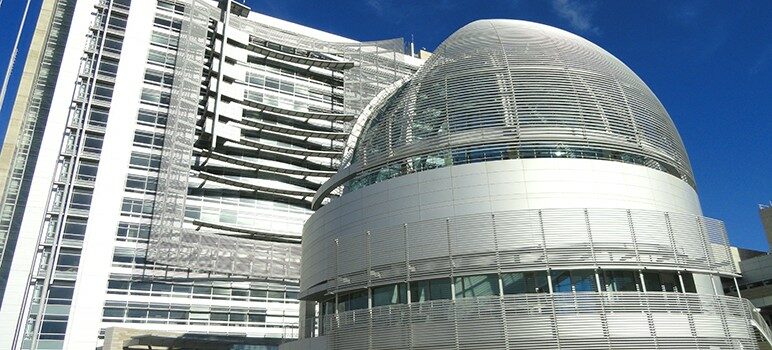June is a big decision month for City Hall, and it’s not just about the city of San Jose's 2023-24 budget. The storm clouds on the horizon center on the city’s contract with its largest employee union, which expires at the end of the month.
The budget vote is scheduled for next week, and it represents the first big test for Mayor Matt Mahan – whether he can get a council majority to approve his plan to reallocate some affordable housing money to boost “rapid-build” interim housing construction or stick with the previous council majority’s “housing first” strategy. The mayor has been waging a vigorous public campaign for his policy shift to address immediate needs of the city’s unhoused residents.
While this public debate has been going on, behind the scenes in City Hall a potentially more dramatic scenario is playing out.
The city this week announced with enthusiasm tentative agreements with three bargaining units, but the unions representing police dispatchers, building inspectors and park rangers account for a little more than just 7% of the employees whose contracts end June 30.
Negotiations with the city’s biggest municipal employee union, the Municipal Employees Federation AFSCME, Local 101 – which represents about 70 percent of this year’s nearly 3,500 workers whose contracts expire at the end of the month – are continuing. The union’s last statement on the status of the talks, on April 26, said the city was “willfully tone-deaf,” and does not understand “the dire situation that our recruitment and retention problems create for our jobs and services we provide the public.”
The city’s biggest union said it didn’t get a wage proposal until April 25, and called the three-year offer of 3% per year “does not keep pace with inflation nor wage increases in the region and does nothing to improve San Jose – in fact it would hurt more.”
The union pledged to “remain firm.”
“It’s clear we will have to take the future of public services in San Jose into our own hands since city leadership remains so inept at it,” the union told its members on its web site.
The city’s tentative agreements with the three unions representing 265 employees include pay raises greater than that offered in April to the AFSCME local: 5% the first year, 4% the second and 3% the third, plus “special salary adjustments to bring certain classifications to market which will assist with the city’s ongoing recruitment and retention efforts,” plus 160 hours of fully paid parental leave.
“These agreements are a victory for both the city and our workers,” San José Mayor Matt Mahan said in a statement. “We’re being fair to our employees and our residents together, giving workers the wages they deserve and residents the services they need.”
The city did not put a price tag on those wage packages, but an additional 2% added to a 3% increase for all employees would add millions to the city payroll.
It remains to be seen whether the 5-4-3 three-year formula will be the city’s contract offers to the other unions – the Association of Engineers and Architects, IFPTE, Local 21, the Association of Maintenance Supervisory Personnel, IFPTE Local 21, the City Association of Management Personnel, IFPTE, Local 21, or the Municipal Employees’ Federation (with its 2,400 members) – or if the unions will accept the formula accepted by the three smaller unions.
The city’s newest labor union, representing 160 police dispatchers, was happy with its first contract.
“We are appreciative of the collaborative and transparent negotiation that we engaged in with the city,” said Mary Tomlinson, president of the San Jose Police Dispatchers Association. “As a new union, this was the first contract we negotiated and we want to commend the professionalism and transparency of the city team. We look forward to further collaboration as we work to improve San Jose’s public safety infrastructure.”
Contracts with city firefighters and operating engineers expire next year, and the police union’s contract runs out in 2025.

